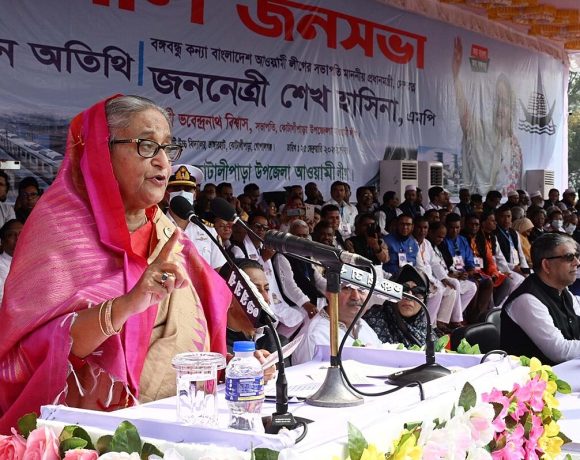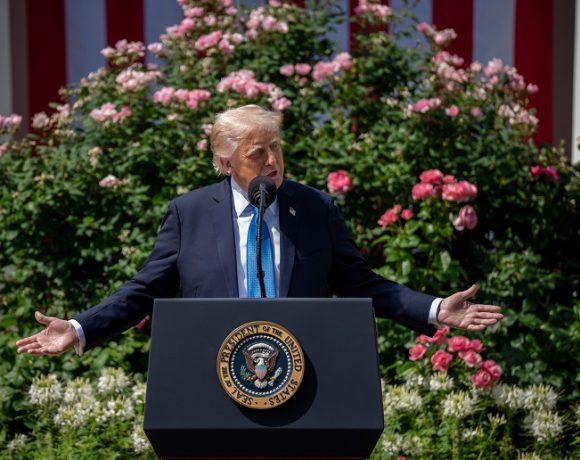
Brazil Declines China’s Belt and Road Initiative After India’s Exit
In a significant diplomatic move, Brazil has declined to join China’s Belt and Road Initiative (BRI), becoming the second BRICS nation after India to opt out of Beijing’s multi-billion-dollar global infrastructure project.
The decision highlights Brazil’s focus on establishing independent partnerships with China, rather than aligning with the broader BRI framework.
Brazil’s Strategic Move
Brazilian President Lula da Silva’s administration has opted to explore collaborations with Chinese investors through alternative avenues, without formally committing to the BRI. Celso Amorim, the special presidential adviser for international affairs, confirmed the decision, explaining that Brazil seeks a new level of engagement with China, free from the constraints of the BRI accession treaty.
“We are not entering into a treaty,” Amorim stated, emphasizing that Brazil is not looking to adopt China’s infrastructure projects as an “insurance policy.” Instead, the country aims to identify synergies between its own infrastructure priorities and the investment funds associated with the BRI.
Brazil’s Independent Approach
The decision contradicts Chinese expectations, as Beijing had hoped to spotlight Brazil’s BRI membership during President Xi Jinping’s upcoming state visit to Brasilia in November. Brazil’s economy and foreign affairs ministries reportedly expressed skepticism about the potential benefits of joining the initiative, citing concerns about long-term advantages and possible complications in future U.S. relations.
Brazil’s decision comes after a recent visit by Amorim and Chief of Staff Rui Costa to Beijing. The officials returned unconvinced by China’s offers, underscoring Brazil’s focus on developing its infrastructure without formal BRI membership. This marks another setback for China’s ambitious project following India’s earlier decision to abstain from the BRI.


















